Digestive System
All information about "Digestive System" and the related magazine articles can be found here.
Our articles are written clearly and link to scientific studies where relevant. This is how we meet our own standards: we regularly deliver new, high-quality content for you—free of charge, no sign-up required, with the highest possible benefit to you.

Myo-inositol - how does it affect us?
Hormonal imbalance can have a major impact on many processes. What exactly does it mean when our own production decreases and how can I support my health in this regard?

Calcium or calcium - the important thing is to take it!
Find out what this important mineral is involved in in the body and which is the better form of calcium here!
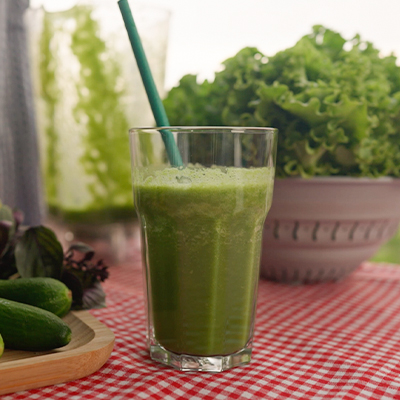
How a detox works
The human body works around the clock to eliminate harmful substances and toxins. But when there are too many toxins in the system, it needs help.
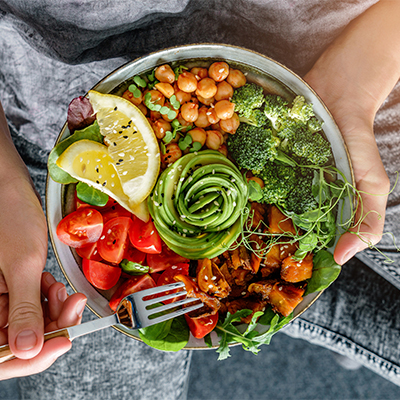
Alkaline diet
The pH of our organs plays an important role in our health. But how does our diet affect our body's acid-base balance?

How can I tell if I have a vitamin deficiency?
Tired, exhausted, aching limbs? A vitamin deficiency can take many forms, but is usually easy to treat. Find out what to look out for.
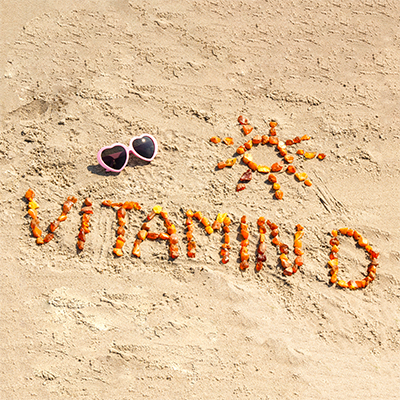
Often in short supply in winter - Vitamin D
Vitamin D is a real all-rounder when it comes to health: it ensures healthy bones and is involved in many processes in the human body.
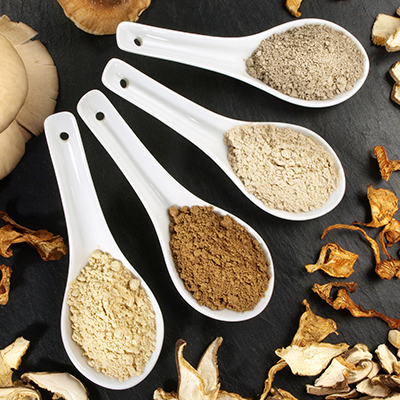
Still unknown to many - medicinal mushrooms
Many people in Europe are still unfamiliar with the use of so-called medicinal mushrooms, but these mushrooms are an integral part of many traditional diets. Find out what they are called and what powers they have.

When the immune system needs a boost
Our immune system is usually good at fending off invaders. But how can we strengthen it so that it continues to work well under high levels of stress?

Get through the autumn and winter safely!
Colds are hard on the mind and body. Read here to find out how you can protect yourself against colds and give your body extra support.
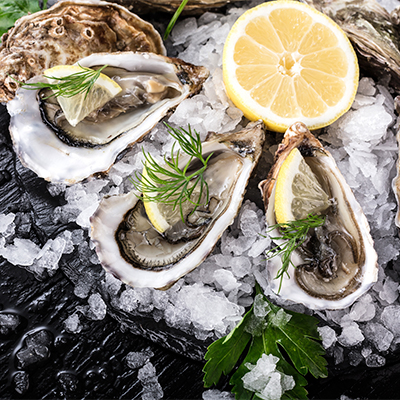
Zinc, an essential trace element
Zinc is involved in many processes in the human body. Read here to find out why it is so important for us and what vegetarians/vegans should look out for.

Vitamins for hair loss
Biotin, vitamin D, zinc and selenium: When certain nutrients are lacking, hair suffers. Hair health can be supported by the right diet

Alternative treatments for bladder infections
Urinary tract infections are common. In most cases, the infection can be cured easily, and some home remedies can help the healing process.

The effects of the yam root
Yam is a staple food around the world. The yam is a staple food in many parts of the world, similar to the potato.

How curcumin works
Turmeric owes its bright yellow colour to the plant compound curcumin. But curcumin is much more than that.

Women in competitive sport
The effect of oestrogen and progesterone on training success has long been underestimated. The definable phases of muscle building, increased risk of injury and muscle recovery can now be used to create a successful training plan.
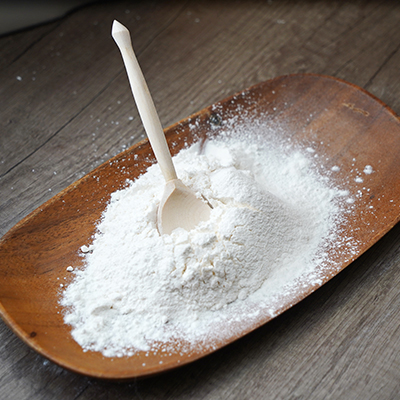
How galactose works
This simple sugar works differently to glucose and therefore has special properties that make it particularly interesting for diabetics. Find out more now

To do this, the body needs the amino acid L-tyrosine.
L-tyrosine is involved in many processes in the body, including the production of the hormones dopamine and adrenaline.

How to keep your gut flora healthy
What makes a healthy gut? And how can gut bacteria and the right diet help you stay healthy? Here are the answers to the most important questions about a healthy gut.

Vitamins for beautiful skin
Vitamins play an important role in our health - and our appearance. With the right nutrients, you can make your skin glow.
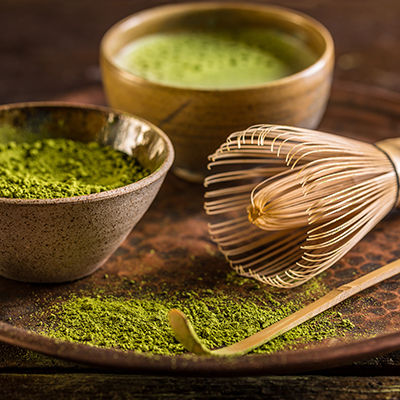
Green tea is so healthy
Green tea is considered healthy and is also said to help with weight loss. So it's not surprising that there are now many dietary supplements containing green tea extract. What is behind these supposed effects?
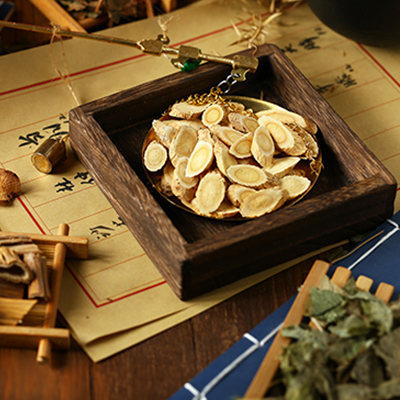
What is Astragalus extract?
Astragalus root extract has been used in traditional Chinese medicine for thousands of years.

What makes collagen special
Collagen is best known for its role in the connective tissue of the skin. Skincare products or supplements containing collagen are often advertised as having an "anti-ageing" effect. But the protein can do more.

What is L-Arginine?
L-Arginine is a term that is often used in connection with weight training supplements. Read on to find out what it is and how it can benefit athletes in particular.
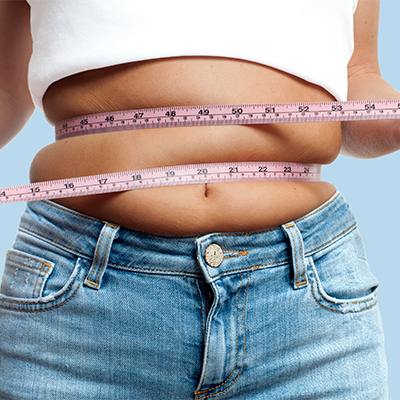
Can vitamin B12 help you lose weight?
Vitamin B12 is involved in many metabolic processes in the human body. Many people find that weight gain and B12 deficiency often occur together. Why is this the case?
Your body, your digestive system: Everything you need to know about the anatomy and function of digestion!
Have you ever wondered exactly how your body converts the food you eat into energy and nutrients? The journey that your breakfast, for example, takes through your digestive tract is complex. From the initial mechanical grinding in the mouth to the final excretion of the indigestible remains – every step plays an important role in ensuring that your body gets the nutrients it needs.
Nutritionists and doctors agree: a thorough understanding of digestion is the key to a healthy and vital life. Ready to learn more? We can give you the information you need!
How is the digestive system structured?
The human digestive system includes several important organs:
- Mouth
- Oesophagus
- Stomach
- Small intestine (including duodenum)
- Large intestine (including colon and rectum)
- Liver
- Pancreas
- Gall bladder
Each of these organs has specialized tasks and functions that ensure the efficiency of the process and thus the absorption of nutrients [1].
How does digestion work in simple terms?
The digestive system is a comprehensive model that consists of several organs that work together to break down the food we eat into usable nutrients. The sequence is clearly structured and quickly explained [1]:
- 1. The process begins in the mouth, where mechanical crushing and enzymatic digestion by saliva begins.
- 2. The food pulp enters the stomach via the esophagus.
- 3. In the stomach, gastric acid and the enzyme pepsin continue the digestive process.
- 4. In the small intestine, the substances are further broken down and absorbed, aided by enzymes from the pancreas and bile from the gallbladder.
- 5. The large intestine (including the rectum) absorbs water and electrolytes before excreting indigestible residues as stool.
Why is digestion important?
The digestive process is essential to break down the nutrients absorbed from food into smaller molecules that the body can absorb and use. These substances are necessary for energy, growth, cell repair and general well-being. Without an efficient digestive process, the important substances could not be absorbed into the body.
Which organ is particularly important for digestion?
Each organ in the complex digestive tract plays a crucial role and has its own function, but the small intestine is central to efficient digestion and absorption of nutrients. The small intestine is the longest section of the digestive tract and plays a key role in breaking down food into absorbable components.
The pancreas produces a variety of enzymes that are released into the small intestine. These enzymes break down carbohydrates, proteins and fats into their smallest components so that they can then be absorbed through the small intestinal wall. In addition, the liver produces bile, which is stored in the gallbladder and then released to emulsify fats and facilitate their absorption in the small intestine [2].
How long does it take for food to be digested in the stomach?
The digestion process in the stomach can take between 2 and 4 hours, depending on the type and amount of food consumed. Fats and protein-rich foods take longer to digest than carbohydrates.
How long does digestion take until defecation?
The length of time it takes for food to be digested can vary depending on the type of food and individual factors. In general, it takes about 6 to 8 hours for food to pass through the stomach and small intestine. After that, it can take another 12 to 24 hours for the indigestible remains to be transported through the large intestine and excreted as stool.
Why do digestive problems occur?
We've all experienced the uncomfortable feeling – bloated tummy, sluggish digestion, constantly changing moods. Digestive problems can occur for so many reasons: poor eating habits, stress, too little fiber, insufficient fluid intake and certain medical conditions. But don't worry, there are simple ways to get your gastrointestinal tract going! Find out more about bowel health here.
How can you stimulate digestion?
The intestines digest continuously, but the efficiency of the digestive process can be affected by various factors such as diet, hydration and physical activity. Taking the following aspects into account can help you support your digestive system:
Nutrition and dietary fiber
Dietary fiber is the indigestible part of plants that stimulates peristalsis by increasing stool volume and accelerating intestinal transit. There are soluble fibers that dissolve in water and form a gel-like substance, and insoluble fibers that absorb water and increase the mass of the stool. Foods such as whole grains, fruits, vegetables, and legumes are rich in fiber and thus promote healthy digestion. They form propionic acid in our intestines – find out more here!
Fluid intake
Water is essential for the digestive process, as it softens stools and facilitates the movement of food through the intestines. Adequate fluid intake helps to prevent constipation, and supports the functioning of enzymes necessary for the breakdown of nutrients. It is recommended to drink at least 1.5 to 2 liters of water daily, depending on body weight and activity level.
Physical activity
Regular exercise promotes intestinal motility, which is the ability of the intestines to move food through wave-like muscle contractions. Activities such as walking, running, swimming and yoga can stimulate intestinal motility and help to prevent digestive disorders such as constipation. Exercise also reduces stress, which can negatively affect the digestive process.
Stress management
Stress can significantly impair the digestive process by increasing the release of stress hormones such as cortisol, which can slow down or speed up bowel function. Relaxation techniques such as meditation, deep breathing, progressive muscle relaxation and adequate sleep can help to reduce stress and thus support digestion.
Probiotics and prebiotics
Probiotics are live microorganisms that can positively influence intestinal flora. They are found in fermented foods such as yogurt, kefir, sauerkraut, and kimchi. Prebiotics, on the other hand, are indigestible food components that promote the growth and activity of beneficial bacteria in the gut. Both contribute to intestinal health by maintaining the balance of intestinal flora and improving the digestive process [2].
Chewing and eating habits
Thorough chewing is the first step in the digestion process and prepares food for enzymatic digestion in the stomach and intestines. Eating slowly and chewing thoroughly ensures that food is well-crushed, facilitating mechanical digestion and improving the absorption of nutrients [5]. In addition, eating mindfully can help avoid overeating and relieve the digestive system.
More helpful tips
Different life situations or illnesses require an adjustment of the diet to ensure the supply of nutrients and to alleviate any symptoms:
- More about optimal nutrition during pregnancy
- Help with nutrition tips for osteoarthritis
- Iron deficiency and iron deficiency anemia
Sources
[1] https://www.netdoktor.de/anatomie/verdauungssystem/
[2] https://www.studysmarter.de/schule/biologie/der-menschliche-koerper/verdauungstrakt/
[3] https://www.kenhub.com/de/library/anatomie/verdauungssystem
[4] https://viamedici.thieme.de/lernmodul/557179/529666/verdauungssystem
[5] https://www.spektrum.de/lexikon/biologie/verdauung/69251
